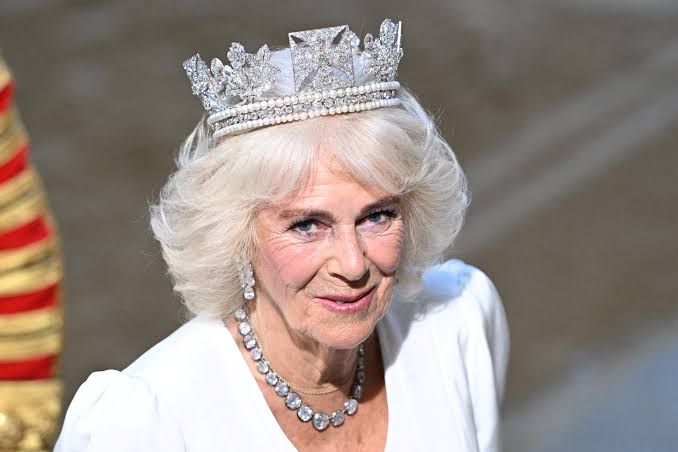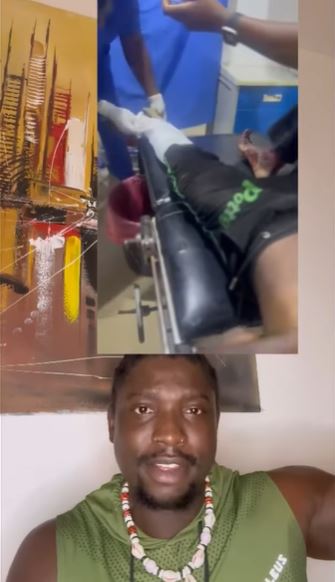Taiwo Oyedele, chairman of presidential tax reform committee has said businesses will suffer and economy will retrogress if state governments are allowed to collect value-added tax (VAT).
Gatekeepers News reports that Oyedele said this during an interview on Channels Television’s Hard Copy programme on Friday.
According to him; a similar approach was attempted in 1980s with sales tax, but sub-national governments failed to generate significant revenue through it.
He said, “By 1999, we were writing the constitution because we now have the 4th republic. But what we did was to just replicate the 1979 constitution.”
“In 1979, there was no VAT. So there was no VAT in the 1979 constitution.”
“However, by 1999, we had implemented VAT for about five years. And it was becoming our top revenue tax. How on earth did we forget to put it in the 1999 constitution? Because it wasn’t stated in the 1999 constitution, lawyers will state to you that it’s a residual matter.”
“Because it’s a residual matter means it belongs to the subnational. That’s why Rivers state and Lagos have been to court and won.”
“If we get a judgment from the supreme court today, it will tell you that VAT should be collected and administered by states. That will be chaotic.”
“States will collect less, businesses will suffer, the economy would retrogress.”
“On balance, the new reform is meant to treat everybody equitably. Try to get us out of the impression that when you start doing VAT at state level, you make so much money, which is not the case.”
“In fact, today, the VAT on imports and international services is actually more than the VAT we collect in Nigeria, within our jurisdiction.”
“And that amount that is collected from international services and import VAT is not attributed to any state. It goes into the pool and is shared.”
“So, today we shared VAT between and among states based on derivation, 20 percent; based on equality, 50 percent; and based on population, 30 percent we are proposing that correct derivation and share, 60 percent based on derivation, 20 percent based on population and 20 percent based on equality.”
Oyedele added that another more attractive proposal by the committee is to allow federal government to reduce its VAT share, and give room for states to have more.
He said, “We thought it was going to be very difficult for the federal government.”
“We asked the federal government, can you please send 5 percent of your share to the state instead of taking 15 percent, why don’t you take 10 percent, now we have 5 percent that can give us a buffer that we can use to do fiscal equalisation and actually writing the law to guarantee every state that as a result of our reform, you will not collect less than you would have collected under the old formula. “
“I thought that should be good enough. It’s actually just saying to you as a state that your risk is zero, but the upside is significant.”
“Your VAT revenue can double in less than two years if they allow this reform to go through, because it would also motivate states to take interest in the economic activities within their jurisdiction.”
Oyedele noted that the new tax reform bills under consideration at national assembly will halt revenue collection by federal agencies such as Nigerian Upstream Petroleum Regulatory Commission (NUPRC) and Nigerian Customs Service (NCS).
He said the bills aim to stop approximately 60 federal agencies from collecting taxes, allowing them to focus on their primary mandates.
The committee chairman said that the new measures will simplify tax collection across the country and enhance the operational capacity of the agencies.
Recall that President Bola Ahmed Tinubu on October 3, asked national assembly to consider and pass four tax reform bills including Nigeria tax bill, tax administration bill, and joint revenue board establishment bill.







